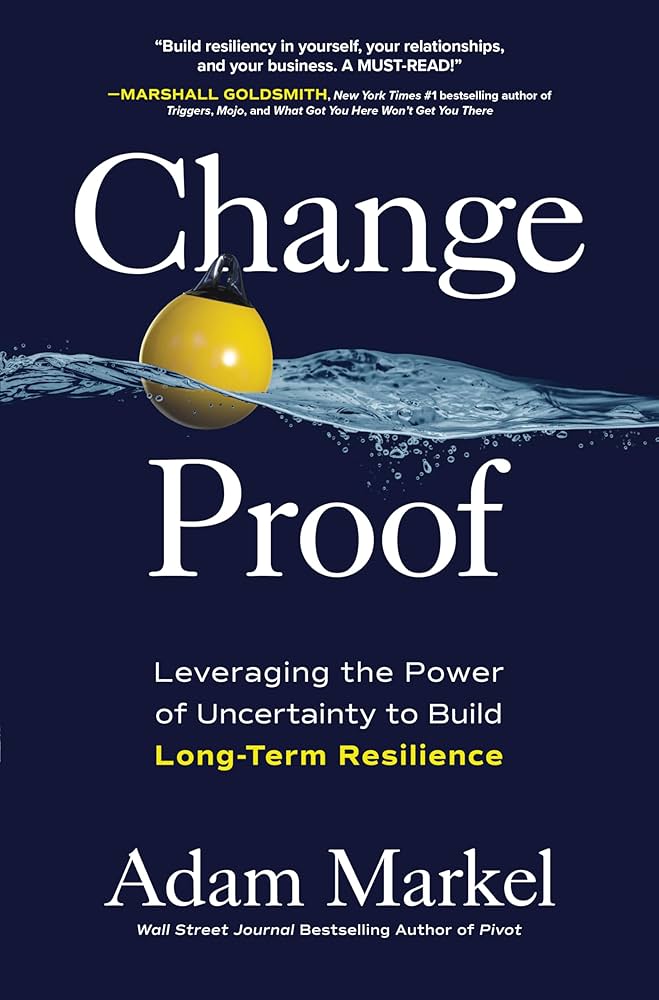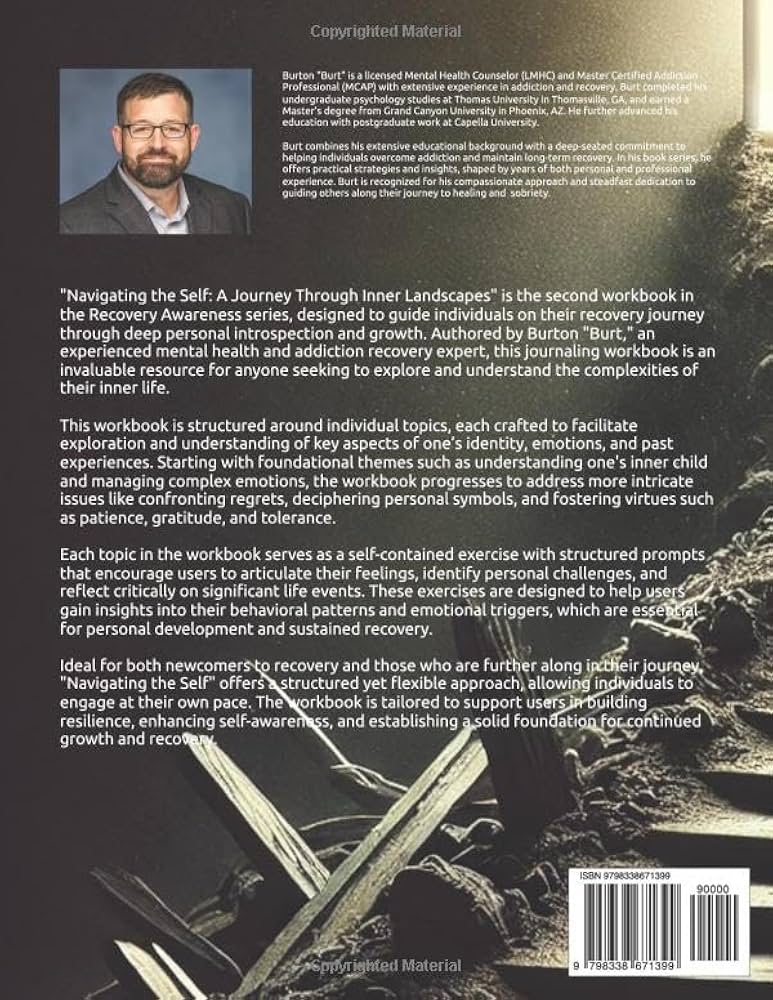Did you know that writing about your day can be more therapeutic than a double shot of espresso? In this article, we explore how journaling not only enhances psychological resilience but also boosts mental strength and reduces anxiety. Discover the myriad benefits of journaling for emotional health, including improved coping skills, increased self-awareness, and better mood management. We’ll delve into practical techniques and guided journaling practices that foster emotional recovery and long-term psychological growth. Whether you're looking to overcome trauma or simply want to enhance your mental flexibility, this guide by DayTradingBusiness will equip you with the tools you need to thrive.
How Does Journaling Boost Mental Strength?
Journaling boosts mental strength by helping you process emotions, reduce stress, and gain clarity on challenges. It builds resilience by encouraging reflection, which strengthens coping skills and emotional regulation. Writing about struggles fosters self-awareness, making setbacks easier to manage. Regular journaling creates a safe space to explore fears and track progress, boosting confidence and mental toughness.
Can Journaling Help Reduce Anxiety and Stress?
Yes, journaling helps reduce anxiety and stress by processing emotions, clarifying thoughts, and identifying patterns. Writing regularly provides a safe outlet, calming the mind and lowering stress hormones. It also builds psychological resilience by strengthening emotional awareness and coping skills, making it easier to handle future challenges.
What Are the Benefits of Journaling for Emotional Health?
Journaling boosts psychological resilience by helping you process emotions, reduce stress, and gain clarity. Writing about experiences builds emotional awareness, making you more adaptable to setbacks. It also fosters self-reflection, helping identify patterns and triggers, so you respond better to challenges. Regular journaling can improve mood, decrease anxiety, and strengthen mental toughness over time.
How Does Writing Improve Coping Skills?
Writing helps process emotions, making stress easier to handle. It clarifies thoughts, reducing mental clutter and anxiety. Journaling builds self-awareness, helping you recognize patterns and triggers. Regular writing strengthens your ability to reflect and adapt, boosting resilience. It offers a safe space to explore fears, leading to better emotional regulation. Over time, this practice enhances psychological resilience by fostering a sense of control and understanding.
Can Journaling Increase Self-Awareness?

Yes, journaling boosts self-awareness by helping you recognize patterns, clarify emotions, and reflect on experiences. This increased insight strengthens psychological resilience, making it easier to handle stress and setbacks. As you track your thoughts and reactions, you build a deeper understanding of yourself, fostering emotional stability and adaptability.
How Does Regular Journaling Enhance Resilience?
Regular journaling boosts resilience by helping you process emotions, identify patterns, and reflect on challenges. It builds self-awareness, making setbacks feel less overwhelming. Writing about stress reduces anxiety and clears your mind, enabling better coping. Over time, journaling strengthens your ability to adapt and bounce back from adversity.
What Types of Journaling Are Best for Mental Toughness?
Bullet journaling and reflective journaling boost mental toughness by helping process emotions and track progress. Gratitude journaling builds resilience by shifting focus to positives during tough times. Challenge journaling, which records setbacks and lessons learned, strengthens mental resilience. Expressive or emotional journaling releases stress and clarifies thoughts, making you more adaptable. Combining these types creates a mental toughness toolkit, helping you face adversity with clarity and strength.
How Can Journaling Help Manage Negative Thoughts?
Journaling helps manage negative thoughts by allowing you to identify and challenge them, reducing their power. It provides a safe space to process emotions, gain perspective, and recognize patterns that fuel negativity. Regular writing boosts self-awareness, making it easier to reframe thoughts and build mental resilience. By tracking progress and setbacks, journaling strengthens your ability to handle stress and bounce back from setbacks.
Does Journaling Improve Mood and Outlook?
Yes, journaling boosts psychological resilience by helping you process emotions, identify patterns, and gain perspective. It reduces stress, enhances self-awareness, and fosters a positive outlook. Regular writing creates a safe space to reflect, making it easier to handle setbacks and improve overall mood.
How Often Should I Journal to Build Resilience?

Journal daily or at least several times a week to build resilience. Regular writing helps process emotions, reflect on challenges, and develop coping skills. Consistency strengthens mental adaptability and emotional strength over time.
Can Journaling Help Overcome Trauma or Past Hurt?
Yes, journaling helps overcome trauma and past hurt by allowing you to process emotions, gain clarity, and track healing progress. It provides a safe space to explore painful experiences, reducing their emotional charge. Writing about trauma can help reframe negative thoughts and build resilience by fostering self-awareness and emotional regulation.
How Does Reflective Writing Strengthen Mental Flexibility?
Reflective writing boosts mental flexibility by encouraging you to examine thoughts from different angles, challenge assumptions, and adapt perspectives. It helps identify patterns, reframe negative experiences, and develop new coping strategies. Regular journaling trains your mind to stay open to change, making it easier to bounce back from stress and adapt to new situations.
What Are Practical Journaling Techniques for Resilience?
Write daily reflections on challenging moments to process emotions. Use gratitude journaling to shift focus from stress to positives. Practice future journaling by visualizing successful coping strategies. Record setbacks and how you overcame them to build confidence. Incorporate free writing to explore feelings without judgment. Keep a resilience log tracking progress and growth over time. Use prompts like "What helped me today?" to reinforce resilience habits.
Can Guided Journaling Foster Better Emotional Recovery?
Yes, guided journaling helps emotional recovery by providing structured reflection, reducing stress, and building self-awareness. It encourages expressing feelings, which can process trauma and foster resilience. Regular practice strengthens emotional regulation and promotes a positive mindset, boosting psychological resilience over time.
How Does Journaling Support Long-Term Psychological Growth?

Journaling boosts psychological resilience by helping you process emotions, identify patterns, and reflect on challenges. It builds self-awareness, making it easier to manage stress and setbacks. Regular writing strengthens emotional regulation and fosters a growth mindset. Over time, it cultivates a deeper understanding of yourself, increasing confidence to face future difficulties.
Conclusion about How Can Journaling Improve Psychological Resilience?
Incorporating journaling into your routine can significantly enhance psychological resilience and emotional health. By fostering self-awareness, improving coping skills, and reducing anxiety, regular writing provides a powerful tool for managing stress and negative thoughts. Whether through reflective writing or guided journaling techniques, the benefits are clear—journaling promotes mental toughness and long-term psychological growth. For those seeking to elevate their trading mindset and emotional resilience, exploring these journaling practices can be a game-changer, as emphasized by DayTradingBusiness.